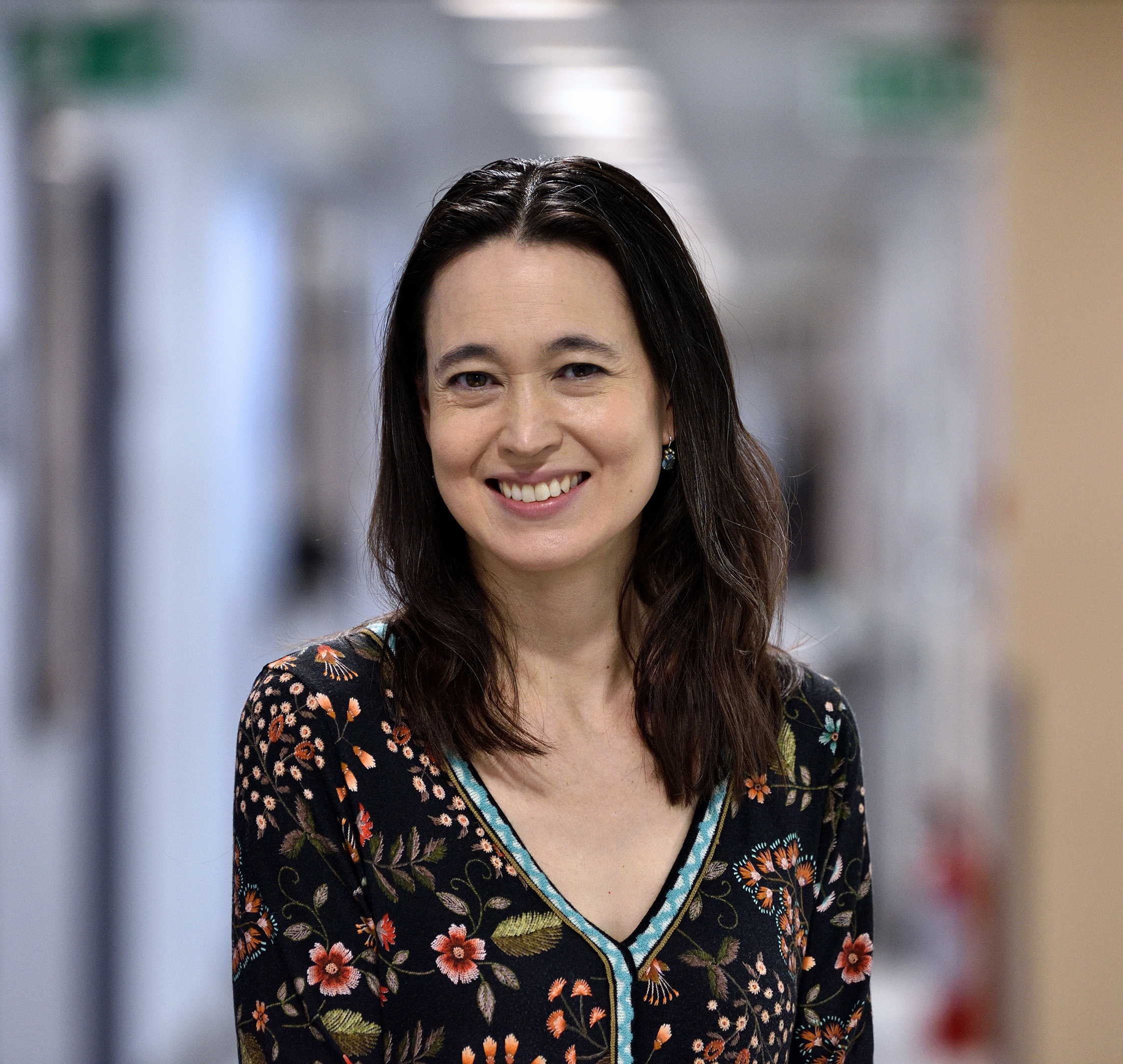Neuroscience at Communications Biology: In support of the values of ALBA
Published in Neuroscience

Communications Biology strives to support initiatives that are aimed at improving diversity, equity and inclusion in Science. We firmly believe that good science needs all voices to be heard. Here we speak to Professor Laura Andreae - who is Chair of ALBA, which has the mission to improve diversity and equity in brain sciences.

About Laura
I initially studied medicine at the University of Cambridge and UCL, and spent 4 years working as a junior doctor intending to become a neurologist before I was awarded a Clinical Training Fellowship from the MRC to do a PhD in developmental neuroscience at King’s College London with Andrew Lumsden and never looked back. I did postdoctoral research with Tim Bliss at the National Institute for Medical Research in London, UK on learning and memory processes and then with Juan Burrone back at King’s investigating synaptic vesicle cycling during development. During this period I had four kids, which did slow down progress somewhat! I started my own lab at King’s at the end of 2013, focusing on synapse and circuit formation, and how these processes are altered in neurodevelopmental disorders such as autism.
In December 2022, I suffered a haemorrhagic stroke due to an underlying arteriovenous malformation, leaving me with a severe left-sided weakness, and giving me a sudden and unexpected insight into disability and accessibility!
The what and why of ALBA
The ALBA Network aims to promote diversity and equity in the brain sciences. It is the brainchild of the phenomenal Carmen Sandi (EPFL, Switzerland) and was launched in 2019 in partnership with the Federation of European Neuroscience Societies (FENS), the International Brain Research Organisation (IBRO) and the Society for Neuroscience (SfN), to try to address the persistent inequities in academia around the globe, causing the attrition of talent, particularly of underrepresented groups of researchers. It was named ALBA as this means sunrise in several languages, in recognition of the increasing awareness among scientific communities of the need to incorporate diversity, equity and inclusion in all aspects of scientific endeavour. The network focuses on four main goals: empowering neuroscientists to be effective diversity, equity and inclusion (DEI) advocates and allies; sharing data and best practices to counter bias and discrimination; recognising outstanding contributions to science and diversity and highlighting success stories; and providing better visibility and professional development opportunities to neuroscientists from underrepresented groups.
My journey with ALBA
I became involved because I was a FENS-Kavli Network scholar, and this network (FKNE) was involved with ALBA from early stages. For example, I was part of a brainstorming group at FKNE that started thinking about what a Declaration might look like and how it could help. I became one of the FKNE reps (later upgraded to the more glamorous ‘ambassador’) and was involved in the ALBA-FKNE diversity prize and the ALBA Declaration, among other activities. I actually first got involved with ALBA because of my own struggles as a woman with kids in neuroscience, but more recently I’ve become especially passionate about under-represented ethnicity, and I started a Scholar’s programme for these groups with the British Neuroscience Association.
How to support the network
For anyone interested in supporting what we do, firstly join ALBA at https://www.alba.network/ ! It’s free and only takes 5 minutes to fill out the online form. You’ll receive newsletters and email updates on all our activities, events, webinars etc. You can follow us on Twitter or other social media. You can also volunteer to help with any of our activities and join one of our working groups. We have a resources section of our website where we have collated evidence and best practice, all searchable. We hope this will be a useful resource for the community to help change practice where you are. If you find any new papers or good examples of best practice in DEI, please let us know and we will add and update the resources. Finally, consider signing the Declaration on Equity and Inclusion and try to persuade your institution to sign it too.
Follow the Topic
-
Communications Biology

An open access journal from Nature Portfolio publishing high-quality research, reviews and commentary in all areas of the biological sciences, representing significant advances and bringing new biological insight to a specialized area of research.
Your space to connect: The Psychedelics Hub
A new Communities’ space to connect, collaborate, and explore research on Psychotherapy, Clinical Psychology, and Neuroscience!
Continue reading announcementRelated Collections
With Collections, you can get published faster and increase your visibility.
Signalling Pathways of Innate Immunity
Publishing Model: Hybrid
Deadline: Feb 28, 2026
Forces in Cell Biology
Publishing Model: Open Access
Deadline: Apr 30, 2026





Please sign in or register for FREE
If you are a registered user on Research Communities by Springer Nature, please sign in